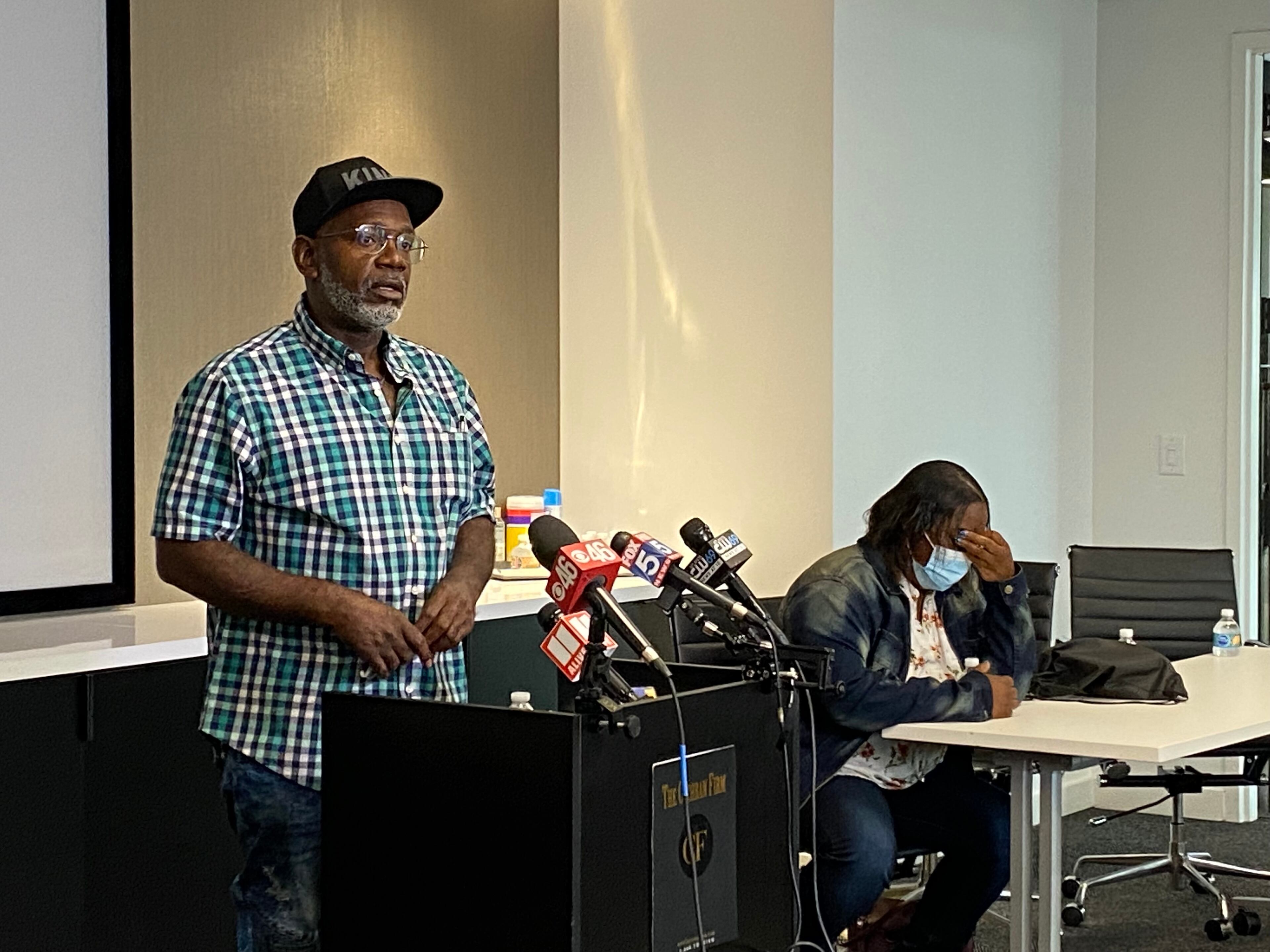Midtown complex where teen died in elevator collapse cited for more safety issues

A Midtown Atlanta apartment building that was cited following an 18-year-old’s death in an elevator collapse last month now faces additional fines after state officials discovered more safety issues they say should have been addressed long ago.
State regulators accused the property managers of the 444 Highland Avenue complex of ignoring Georgia building codes and shunning numerous warnings they’ve been issued about safety problems.
The elevator involved in the deadly collapse had not been inspected since 2019, and Sohanna Management, who assumed ownership of the building in December 2020, had not contacted the state to request an inspection, The Atlanta Journal-Constitution previously reported. A spokesman for the Georgia Safety Fire Commissioner told the AJC the building owner “continues to flout the law” despite additional safety problems with all five of the building’s hot water boilers.
”We found out the last time that we were there that none of those should be operational,” Weston Burleson said.
Three of the boilers were installed without a permit and a fourth had safety violations and was taken out of service, Burleson said. The installation of the final boiler was incomplete and was put into service anyway without an inspection, he said.
On a return visit this week, state officials found one of the boilers was still running “even though we took it out of service.”
”As of right now that building shouldn’t be operating either of their elevators or all five of their boilers,” he said. “That’s all shut down and we have reason to believe — at least in the case of their boilers — that they (have kept) them operational.”
Burleson said officials will be at the complex with the state fire marshal Friday morning to place a notice of violation on the building to warn residents. The building faces a $2,500 citation “with potentially more to follow,” he said.
The building owner already has been cited and fined $5,000 following the collapse that killed 18-year-old JauMarcus McFarland late last month. McFarland, a Champion Prep Academy football player originally from Missouri, died of cardiac arrest after he was pinned by the elevator as it slowly descended from the building’s third floor, according to an Atlanta police report.
Records from the state fire marshal’s office list the reason for the citation as “failing to notify the Chief Inspector of an accident which involved death,” according to Georgia law. They also show that the elevators at 444 Highland were overdue for an inspection, which must be requested by the property owner or manager.

Attorney Shean Williams of the Cochran Firm, who launched a formal investigation into McFarland’s death on behalf of his family, said the collapse and the issues with the building’s boilers both point to a “pattern of blatant neglect” on the part of the complex’s owners.
“It doesn’t surprise me that the owner has neglected the boiler,” Williams said, adding that he believes other safety issues that “put residents in grave danger” would likely be revealed should the building undergo a full, robust inspection.
Inspection reports show issues with the elevators dating to 2018, including a phone not working, the lack of anti-rotation devices and a counterweight, and the need for the elevator car top and pit to be cleaned. An inspection report from August 2019 said the elevator’s annual test was “way overdue.”
“The state report supports the position we have that the elevator was negligently — grossly negligently — maintained by the building owners,” Williams said. “The things that were noted in the state report are things that an adequate inspection or an adequate maintenance routine would have uncovered.”

Burleson, the spokesman for the Georgia Safety Fire Commissioner, said the elevator problems don’t appear to be over, either.
“We also just found out that the technicians that they hired to make the repairs that we spotlighted in our report are unlicensed,” he said.
Deputy Commissioner for Fire Safety Mark Revenew said communications between the state and the building owner have been “strained, at best.”
While no hot water or operable elevators may make living in the building intolerable, the state has a responsibility to protect residents’ safety, he said.
”My fear is what happens if somebody on the sixth floor has a heart attack and first responders need to gurney them out?” he said.
To get back in compliance on the elevators, Revenew said the building owner must have them rigorously tested and inspected. That kind of inspection, usually required once every five years, is more costly than the typical annual inspection.
”We made them submit a new five-year test because we didn’t have confidence in their processes,” he said. “Of course, they don’t want to do that, but we’re going to insist they do.”
Sohanna Management declined to comment on the potential citations.
THE STORY SO FAR
An 18-year-old student-athlete was killed Aug. 31 when an elevator in a Midtown apartment building collapsed and pinned him between two floors. Upon review, state regulators determined the elevator was more than a year overdue for its inspection. The state released a report last week detailing its findings on what led to the collapse. The regulators now say the apartment building has several other safety issues that its owners have not addressed, despite warnings. The property managers now face additional fines and citations.



